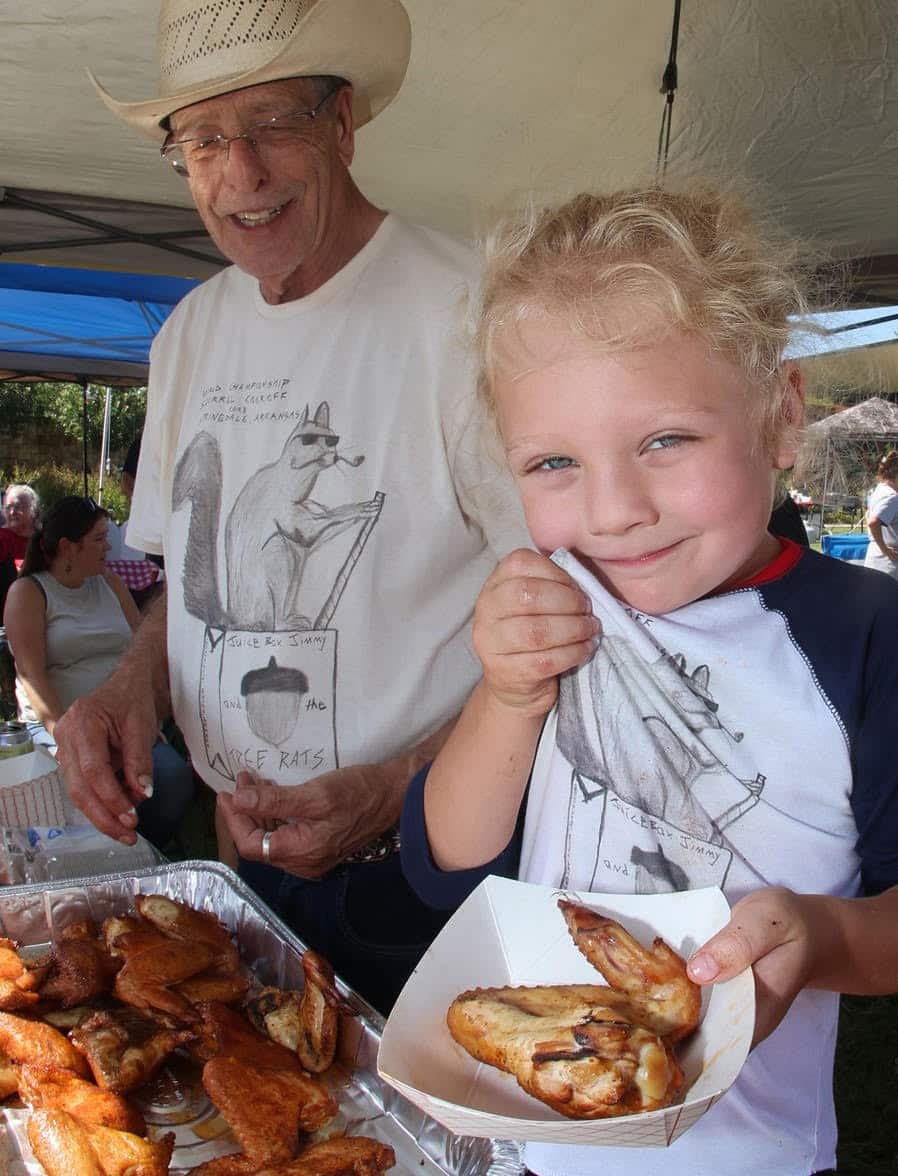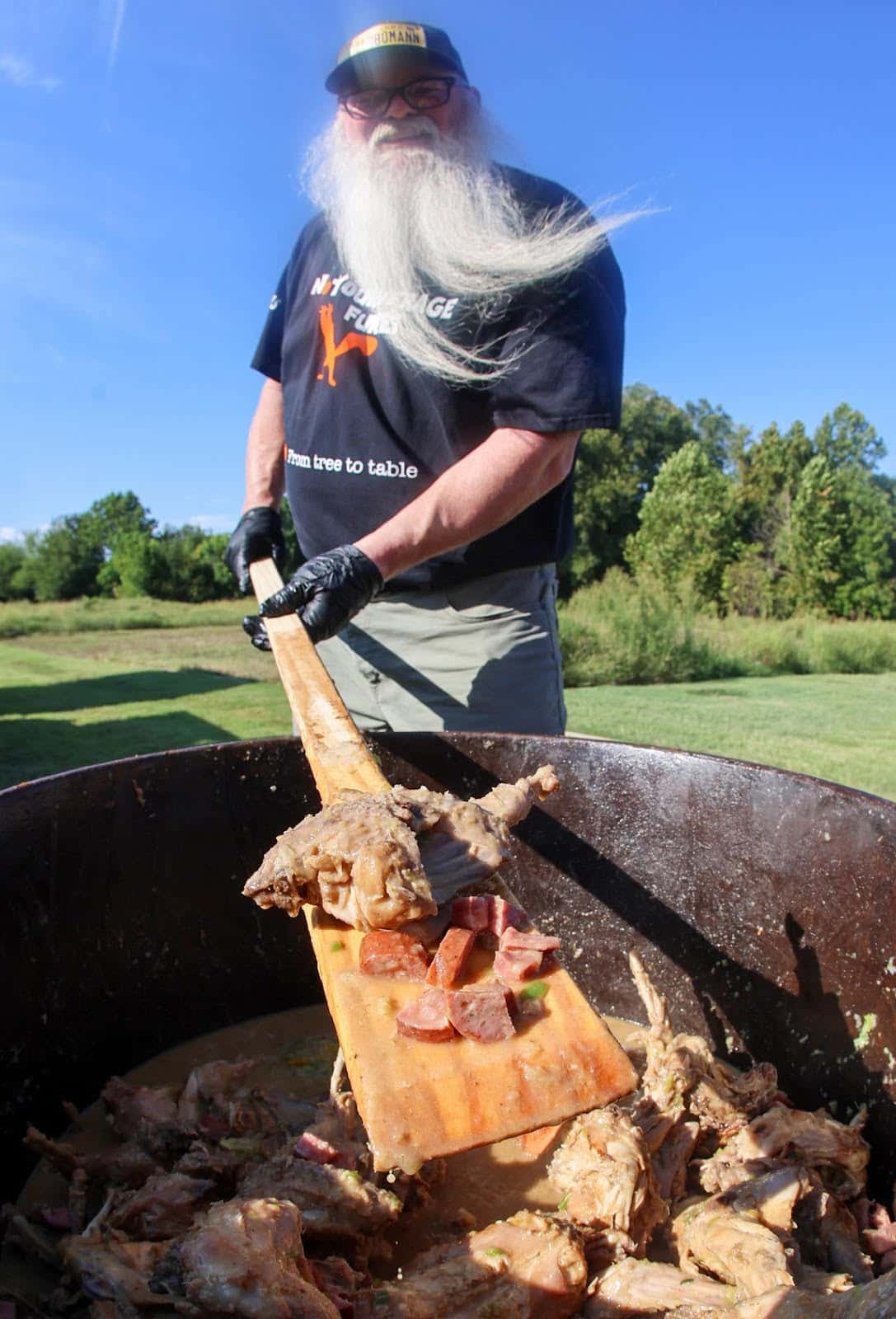WASHINGTON, D.C. – Rep. French Hill (AR-02) today reintroduced the Flatside Wilderness Additions Act, which will add 2,215 U.S. Forest Service acres to the Flatside Wilderness area. In 2019, Flatside was initially expanded by over 600 acres under Rep. Hill’s original bill, H.R. 5636, the Flatside Wilderness Enhancement Act. In the 118th Congress, identical legislation from Rep. Hill was unanimously approved by the House Natural Resources Committee.
"As a ninth-generation Arkansan and a lifelong outdoorsman, I believe that all Arkansans should have the opportunity to experience the natural beauty of our state. In 2019, my Flatside Wilderness Enhancement Act added over 600 acres to Flatside Wilderness, known as Bethune Woods, and I also commissioned a study of all possible qualifying additions to Flatside.
“I am proud to reintroduce my Flatside Wilderness Additions Act, which will complete my work on the final expansion of Flatside Wilderness by adding 2,215 acres of existing U.S. Forest Service land. Finishing this expansion will bring more opportunities for Arkansans and visitors to explore more of our state’s natural qualities and further boost our outdoor recreation economy."
Further Background:
Flatside Wilderness Additions Act – This bill will designate an additional 2,215 acres to Flatside Wilderness. This area is a part of the Ouachita National Forest and is in Perry County, Arkansas, which is in the Second Congressional District. At the direction of Congress, this addition was thoroughly studied and evaluated by the U.S. Forest Service. They issued their report in May of 2021. This legislation is designed based on their analysis and findings. This legislation has support from local and state agencies, as well as numerous outside organizations, including:
Arkansas Governor Sarah Huckabee Sanders
Pulaski County Judge Barry Hyde
Perry County Judge Larry Blackmon
Arkansas Game and Fish Commission
The National Wildlife Federation
The PEW Charitable Trusts
Backcountry Hunters and Anglers
The Ozark Society
Southern Environmental Law Center
The Wilderness Society














